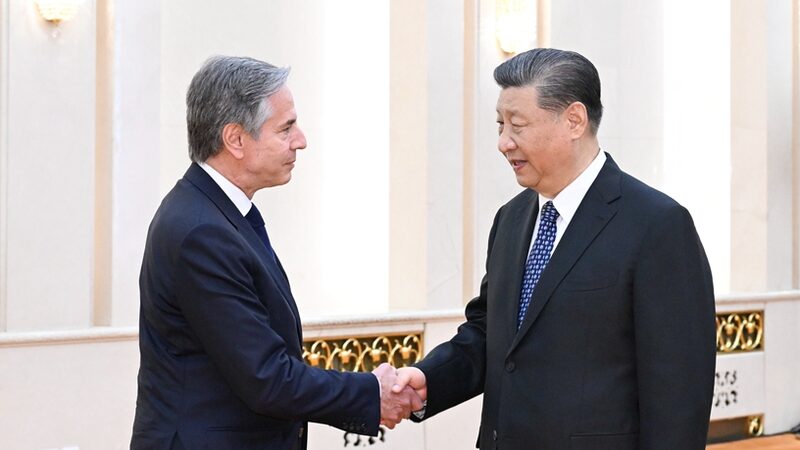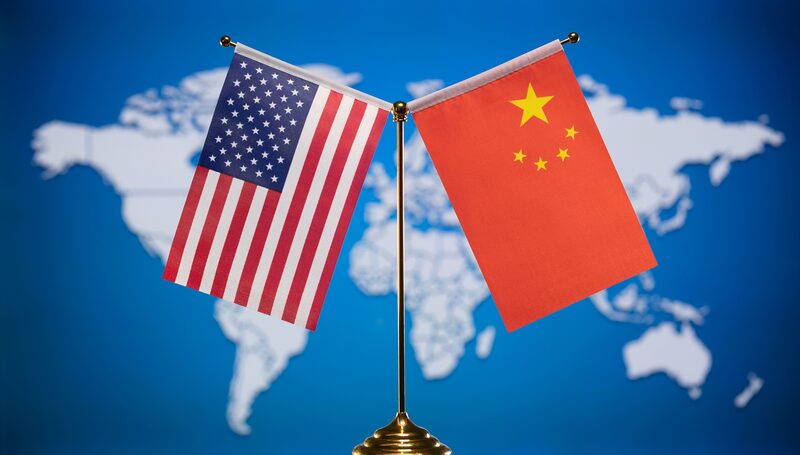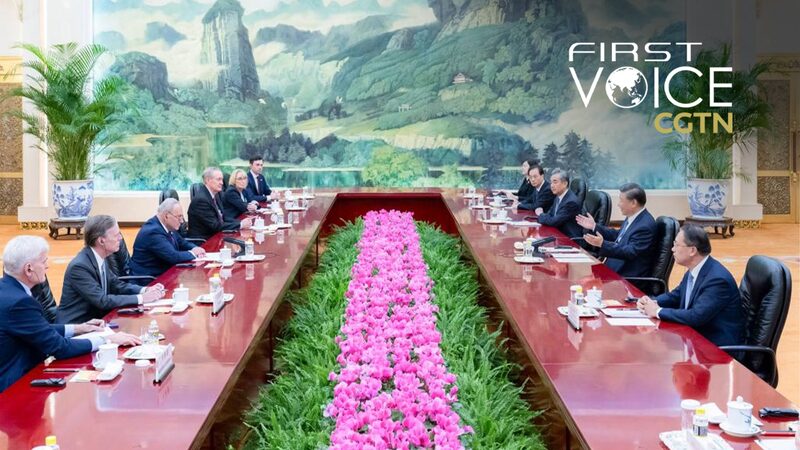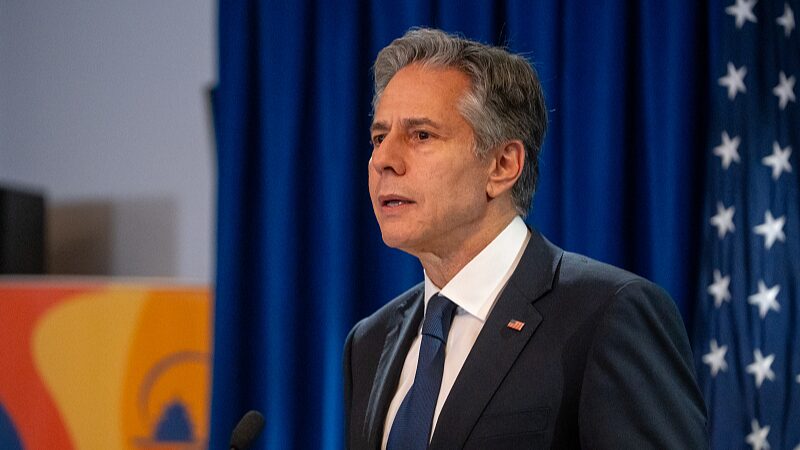China and the United States recently reached a five-point consensus following a comprehensive exchange during U.S. Secretary of State Antony Blinken’s three-day visit to China, with a primary commitment to stabilizing and developing bilateral ties.
Blinken’s trip, his second in less than a year, is viewed as a tangible move to stabilize China-U.S. relations—one of the most significant bilateral relationships in the world today. However, experts suggest that both sides should concentrate on “low-hanging fruits,” achieving pragmatic and easily attainable results step by step to rebuild mutual trust.
A Clear Signal to the U.S.
The fundamental issue of whether China and the U.S. are partners or rivals was highlighted during Blinken’s trip. When meeting Blinken in Beijing, Chinese President Xi Jinping emphasized that China and the U.S. are partners rather than rivals and should refrain from targeting, opposing, or damaging each other.
He stated that China is pleased to see a confident, open, prosperous, and thriving United States and expressed hope that the United States can also view China’s development positively.
“This is a fundamental issue that must be addressed, just like the first button of a shirt that must be put right, in order for the China-U.S. relationship to truly stabilize, improve, and move forward,” Xi told the top U.S. diplomat.
The Chinese president’s latest message reiterates his previous statements made during a San Francisco visit last November, where he told U.S. President Joe Biden that the two countries could be partners that respect each other and coexist in peace.
According to Su Xiaohui, deputy director of the Department for American Studies at the China Institute of International Studies, if one side views the other as a partner, it leads to seeking more opportunities instead of challenges. “But if one side views the other as a rival, it will cause a lot of trouble,” Su told CGTN.
Sun Chenghao, a fellow at the Center for International Security and Strategy at Tsinghua University, echoed this sentiment. “By defining China as a competitor, the U.S. acts on such a perception, which only results in competition and won’t lead to real cooperation,” Sun told CGTN.
The experts believe that China has sent a clear signal to the U.S. that it would prefer to work together rather than fall into antagonism.
Reference(s):
Experts: China, U.S. can aim for low-hanging fruits to stabilize ties
cgtn.com






